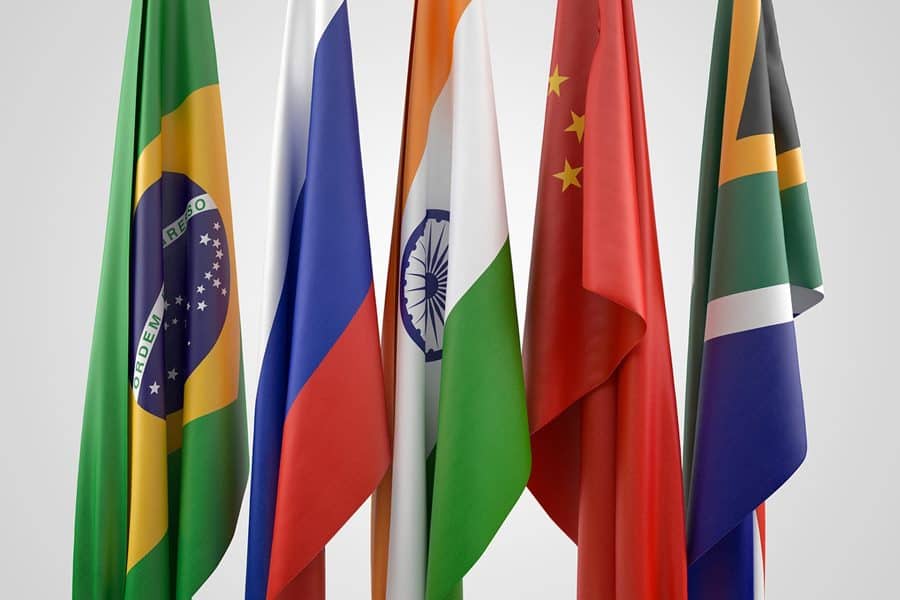The five foreign ministers of the Brics countries meeting recently in Cape Town made headlines worldwide.
However, it was not because of the big plans that were announced, but because of the challenge of what to do if Pres. Vladimir Putin decides to attend the Brics summit in South Africa in August.
Since the initial Bric grouping came into being in 2001, and after South Africa joined the group in 2010 and it would henceforth be called Brics, there has been a lot of talk about how this grouping is an alternative to, for example, the G7 countries or other Western groups could serve.
The idea of a Brics bank, an own currency and even broad political and economic alternatives to liberal Western democracy have already been discussed by the Brics countries. So far, however, little has come of this.
It is a fact that the five Brics countries, and actually rather the initial four members namely Brazil, Russia, India and China, have substantial and even growing global influence. In many respects, South Africa is a very small, inferior player within Brics. The five Brics countries together represent 42% of the world’s population, but only 23% of total global production and only 18% of international trade.
The idea that the Brics grouping can therefore soon become a direct counter-pole, especially economically, to, for example, the G7 countries, is unrealistic. While it was clear two weeks ago that some of the current member states would like to see more countries in South America, Africa, the Middle East and Asia in particular join Brics, it is unclear what the binding factors of such a grouping can be. be. From last week’s summit, it became apparent that the only unifying factor is a broad aversion to Western, and especially American, power and influence, especially due to the dollar’s role.
While India is clearly in favor of an alternative world order in which the US and the West’s power in general is reduced, India is also not in favor of China’s growing global power role. These two countries are fundamentally different from each other on many issues.
It is a fact that the West is currently weakened. Weak political leaders, especially in the US and Europe, major domestic divisions in America and even divisions in Europe over the war and other domestic issues create major challenges.
For now, 59% of central bank reserves in the world are held in US dollars. The vast majority of commodity trading takes place in dollars. It is easy for Brics countries to talk about an alternative to the dollar, but it will be very difficult to implement an alternative.
Meanwhile, countries like South Africa and Brazil, but actually also India, China and potential new Brics member states, are extremely dependent on trade with the West. For the South African government, this year’s Brics meetings are an opportunity to try to show global leadership. The risk that South Africa will come out of this weaker rather than stronger is very big. Countries like Brazil and India play a careful game in their relationship with the West and for example Russia and China.
South Africa should rather be careful not to expect too much from the Brics countries, and secondly to clearly calculate the risks of a Brics alliance that sets itself more directly against the West.
This news commentary was provided by Pretoria FM. Listen daily to Clankkoerant on Pretoria FM for the latest news commentary.








